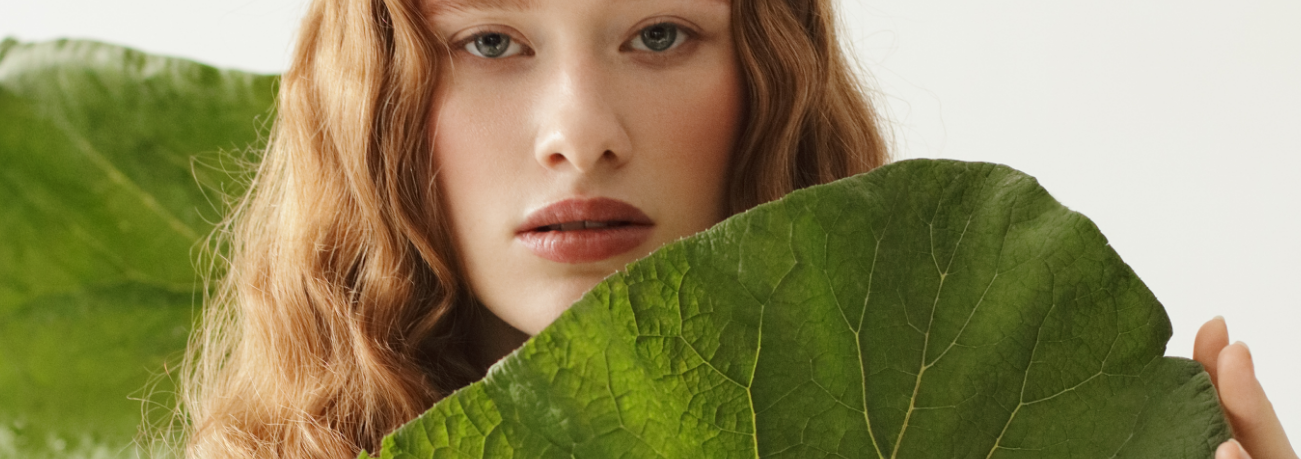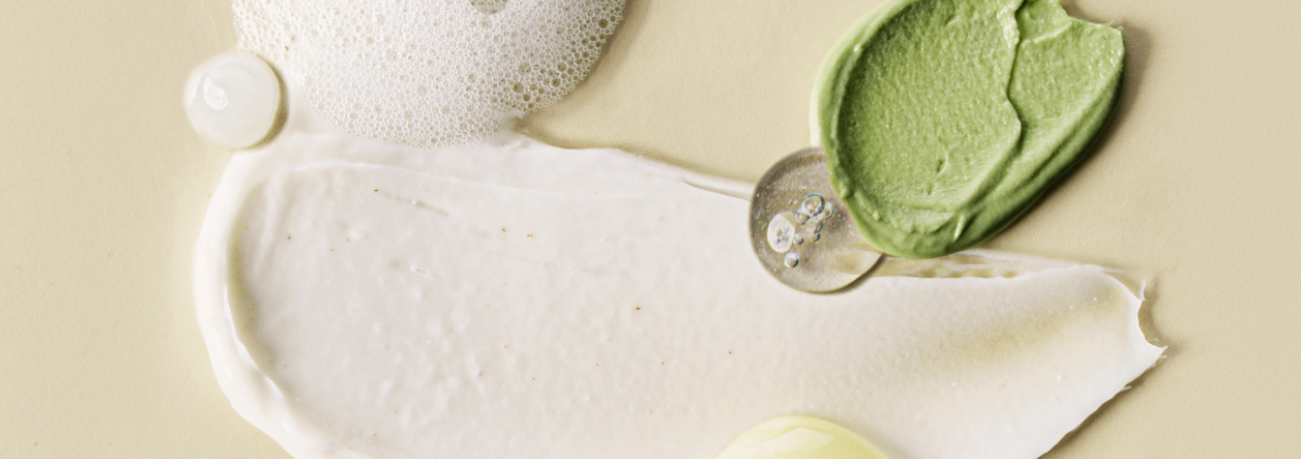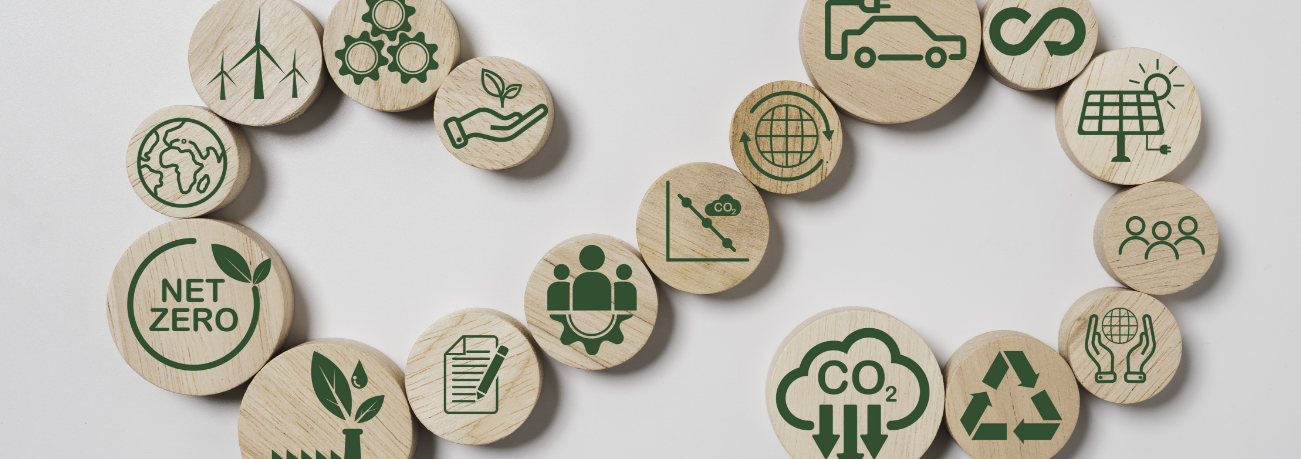NEWS > 21 January 2025
Sustainability is becoming an increasingly decisive factor in the cosmetics industry, influencing consumer behaviour, purchasing choices, and corporate strategies, both in terms of the production chain and the final product.
In 2023, sustainably positioned products accounted for 25% of the total cosmetics market, equivalent to over €3.1 billion (Cosmetica Italia data). Moreover, the Observatory on Sustainability in the Italian Cosmetics Industry, launched in the second half of 2024 by Cosmetica Italia and Bocconi University, highlighted how the cosmetics sector is achieving remarkable results in sustainability optimization across products, packaging, and production processes, offering more advanced solutions compared to industries like fashion or food.

The search for new materials and raw ingredients is a key focus. Many solutions now incorporate biodegradable, recycled, or renewable materials for packaging. For example, Arca Etichette’s new collections use microplastics recovered from the oceans, while Brivaplast offers innovative packaging made from waste products. Capardoni Beauty Full Pack emphasizes 100% recyclable mono-material solutions, as does Eurovetrocap, which adheres to the protocols outlined in the white paper prepared by Cosmetica Italia and Aliplast in recent months.

Innovative and forward-thinking companies are guided by key principles such as low-impact production processes, emission reductions, improved waste management, and compliance with international regulations and certifications.

Sustainability also involves educating consumers on best practices, raising awareness through initiatives supporting vulnerable communities, and fostering circular economy projects.
